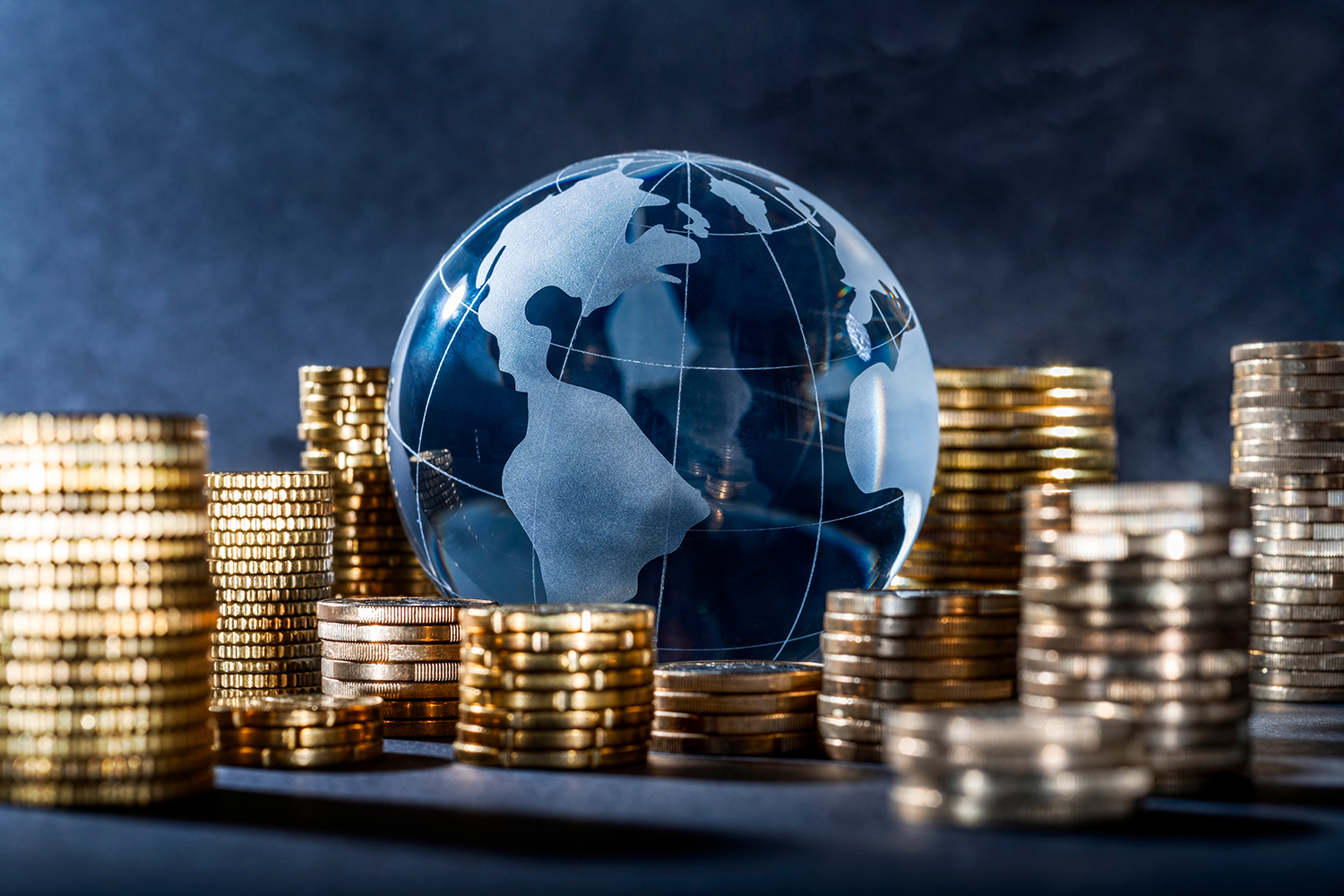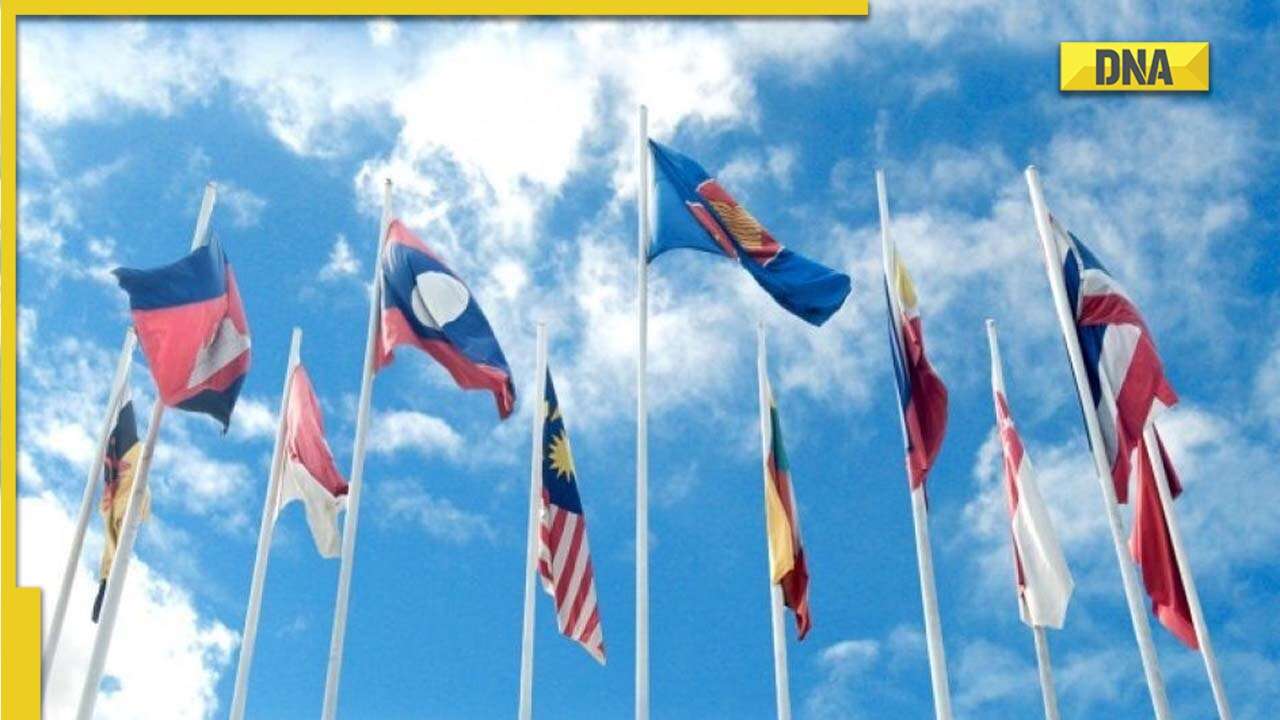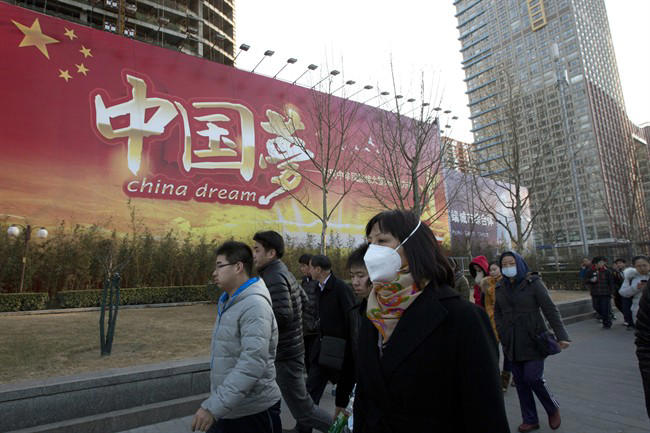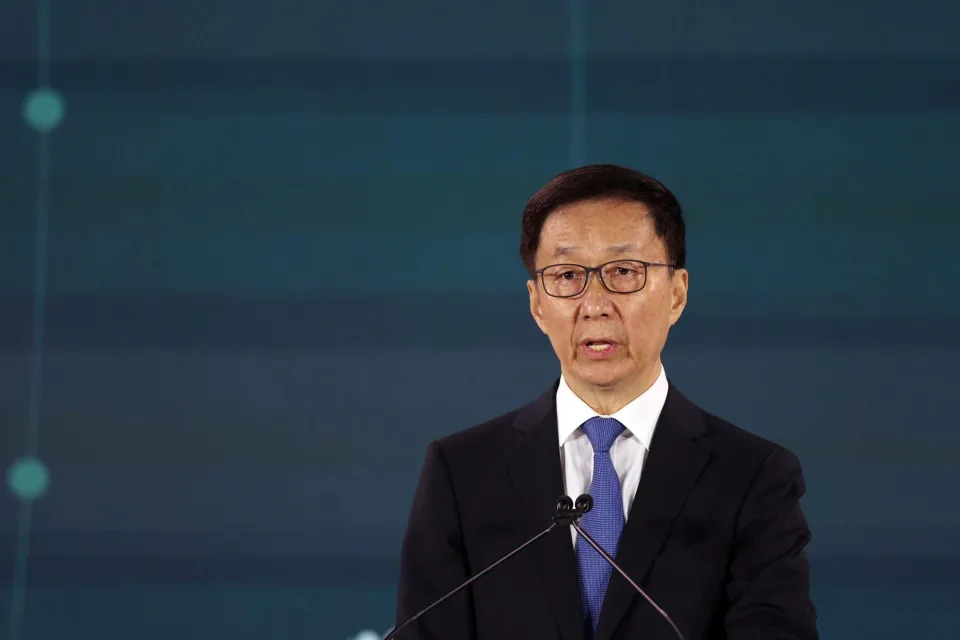Press Release: APEC
Issued by the APEC Policy Partnership on Women and the Economy
Palm Springs, The United States, 27 February 2023
APEC members accelerate their coordinated work to tackle gender inequality in the region by diving deep into issues critical to women's full economic participation in the care economy and their role in climate mitigation.
Led by the APEC Policy Partnership on Women and the Economy (PPWE), members advance gender mainstreaming across the forum and address and remove barriers that continue to prevent women and girls from diverse backgrounds from participating in and benefiting from the economy.
Addressing the PPWE meeting in Palm Springs last week, Rachel Vogelstein, the United States’ National Security Council Special Advisor on Gender highlighted the essential role of women’s full economic participation to the prosperity, stability and security of APEC economies.
Vogelstein argued that advancing women's economic participation is not only a moral imperative, but a strategic imperative; “one that will strengthen all of our economies.”
Strengthening the care economy is one area to focus on, according to Vogelstein. “Just as roads and bridges helped facilitate labor force participation so too does the infrastructure to ensure that children and elders are healthy, safe and cared for while family members are at work.”
She also stressed that the climate crisis is inextricably linked with gender and equality, stating that left unchecked, climate change will further entrench global patterns of inequality.
“Although women and girls have been some of the most vocal advocates and supporters of environmental stewardship, they remain dramatically underrepresented in the green and blue sectors, and in leadership positions at the climate change decision making table,” Vogelstein said.
Besides climate, closing the digital gender gap exacerbated by the pandemic is deemed crucial to advance women’s economic participation. Vogelstein called for closer partnership with the private sector to address affordability and access to mobile devices and internet services, to promote digital literacy and skills training and address online safety and for freedom from technology facilitated gender-based violence and harassment.
“We simply cannot realize the full potential of our economies if women are not online,” she said. “Let us all collaborate in good faith to find common ground to help advance the critical priority of women's economic participation which will not only provide security to women and families but to entire economies.”
This year, the PPWE is looking at structural reforms to ensure women can equally access and benefit from policy efforts. APEC members discussed the economic and social outcomes for women with regard to the unequal distribution of care, including those related to workforce participation, job opportunities and the gender pay gap, as a consequence of this disparate distribution.
© Scoop Media

















